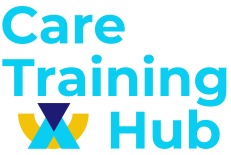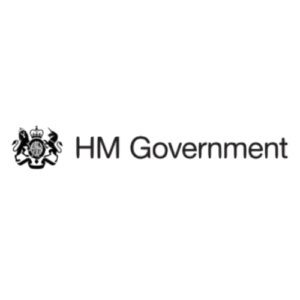Removing an individual’s liberty is a serious matter. As a carer, you need to know what constitutes deprivation of liberty, what to do and who is responsible for making decisions. This e-learning course introduces the key principles contained in the Deprivation of Liberty Code of Practice. It also provides guidance as to how the Supreme Court’s Judgment on the Deprivation of Liberty Safeguards, handed down in March 2014, should be interpreted and applied by care providers. It describes the fundamental distinction between detaining someone lawfully in their best interests and unlawfully depriving someone of their liberty. A case study is included which requires learners to make decisions based on a particular set of circumstances. This course is popular with our professional carers and is also useful for informal carers and family members.
The course is broken down into 2 bite-sized units with the following titles:
- Deprivation of Liberty Safeguards
- Case Study
On completion of this course learners will be able to:
- Give reasons why people sometimes need to be deprived of their liberty
- Distinguish between lawful detention and unlawful deprivation of liberty
- Refer to examples of case law
- Follow the correct procedure if they suspect someone is being unlawfully deprived of their liberty
- Describe good practice which can reduce the risk of unlawful deprivation of liberty
- List the assessments required in order to authorise deprivation of liberty
- Describe the process for authorising deprivation of liberty






